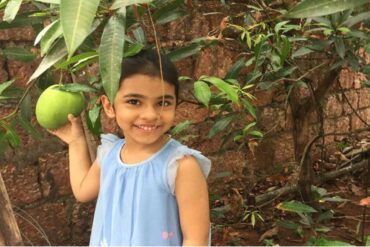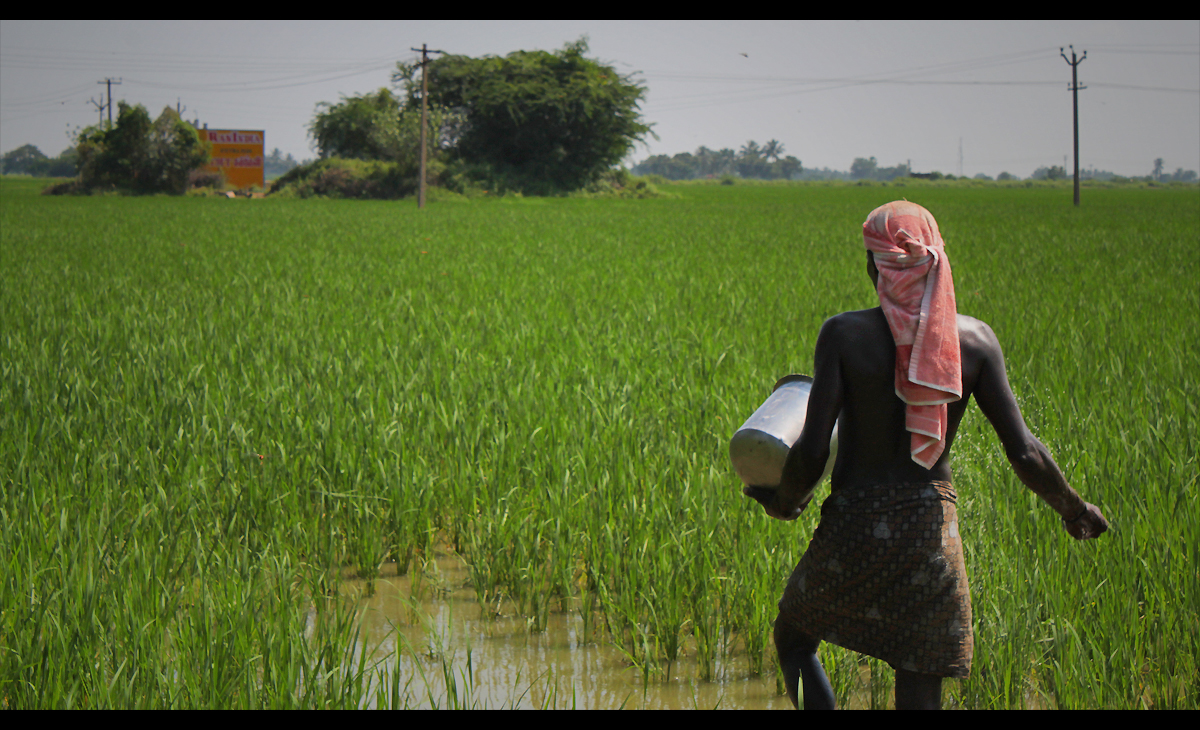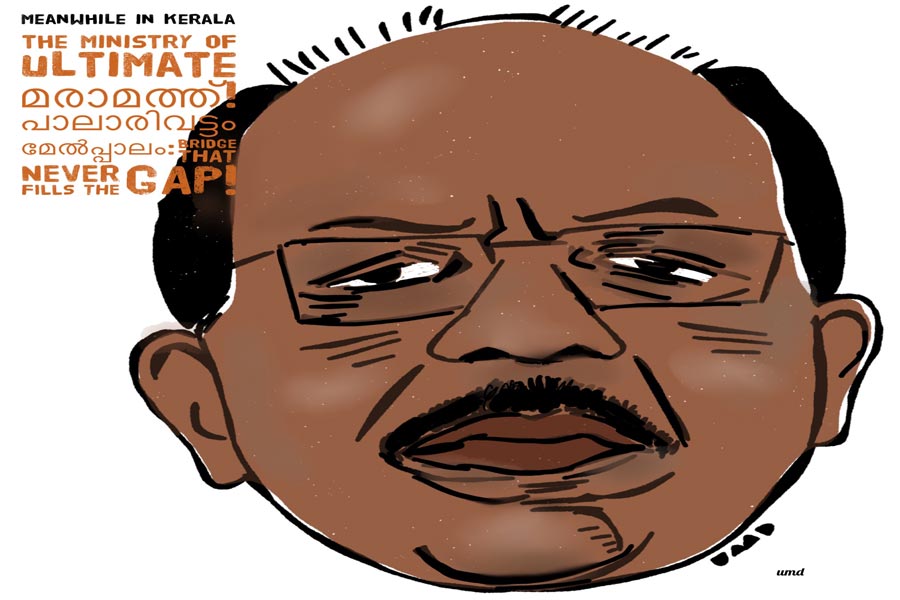Farming has been one of the most popular occupations of Indians since ages, mainly because of the favourable climate, fertile land and the predominant belief of cultivating one’s own food. This is one of the reasons why each and every development activity in India includes upliftment of the agricultural sector as well.
Off late, with new topics like organic produce and sustainable farming ruling the market, more and more people are getting inclined to these methods. However, not many farmers are updated about new crops, new techniques, less harmful fertilizers and pesticides, and other such farming related matters. Apart from these few positive factors, there is a whole lot of issues that can have negative impact on farming, which the farmers may not know yet should mandatorily have knowledge about.
It is this thought that persuaded a group of scientists at the Kerala Agricultural University (KAU), working at the Krishi Vigyan Kendra (KVK), Malappuram, to develop a new mobile application named ‘Farm Extension Manager @Mobile’ that provides information about hundred crops listed by the KAU. Dr. Sunil V. G, Assistant Professor, KVK, Malappuram, who is one of the brains that worked behind this project says,
“It is the first mobile application in India regarding agriculture that provides a plethora of topics for both small scale as well as large scale farmers to read and understand about farming and crops. The 3,000 page data includes detailed explanation of making the land ready for cultivation to harvesting the crop. In addition to this, the application is free and can be downloaded from the google play store. Once it is done there is no need for an internet connection to use the application unless the farmers intend to send a query to the authorities and therefore, farmers can conveniently use it while in the fields where network could be a constrain.”
The application has been curated carefully to minimise its complexity so that it is easy to use for the farmers who may not be not well versed with the internet. Explanations are given in small and precise paragraphs, and navigation path set for the application is very clear with regard to searching information as different sections have been given titles and sub-titles in order to ensure clarity.
When asked whether the application, currently available in English language, serves its purpose in rural areas, Prof. Sunil says,
“Though we have started the application in English, the Malayalam version of the same is under process and will soon be launched. Also,yet another intention of launching FEM@Mobile is to help the extension officers like agricultural officers and others who take classes for farmers as it would help them to easily clear doubts that farmers have regarding a crop that the tutors are dealing with in a particular class.”
The application is divided into six categories namely, crop cultivation, plant protection, organic inputs, agro- chemicals, expert support, and contact directory. The crops are categorised as spices, vegetables, medicinal plants, etc. The crop production section provides details about planting, varieties available, fertilisers required, care required after putting the fertilizers, and harvesting.The planting operation section includes information on seed material, spacing, planting time,and method of planting. Information on around 800 recommended varieties are included under the variety details. Around 300 fertiliser recommendations are presented in straight fertiliser format and in unit area per plant basis. The fertiliser information section also mentions how much fertiliser is to be applied, when and in what manner. The aftercare section contains information on weeding, irrigation and other intercultural operations. Information on the crop duration, maturity indicators, harvesting and what is to be done immediately after the harvest is being detailed in the harvest and storage section.
There is also a plant protection section that covers symptoms and control methods for over 500 insect pests, 700 plant diseases and 1,100 deficiency disorders. The control aspect gives equal emphasis on organic and inorganic methods. This is followed by detailed information on other topics like different organic and inorganic fertilisers, herbicides, fungicides and insecticides. Apart from gaining information from the application, farmers also have access to expert support link that helps them to send field photos directly to the scientists and have a telephonic conversation with them to clear major doubts, if any.
Prof. Sunil is overwhelmed by the popularity FEM@Mobile is gaining and is of the opinion that the hard work and genuine thought to come up with something that helps farmers in every aspect of farming has finally paid off. The application, according to him, has recorded more than 13,000 downloads so far. The scientists are also receiving many photos through expert link option available on the tool and providing the required assistance to the farmers, ensuring provision of effective support to the farmers.
The application can be downloaded from the site www.farmextensionmanager.com.
Main photograph by J’Ram DJ via Flickr







